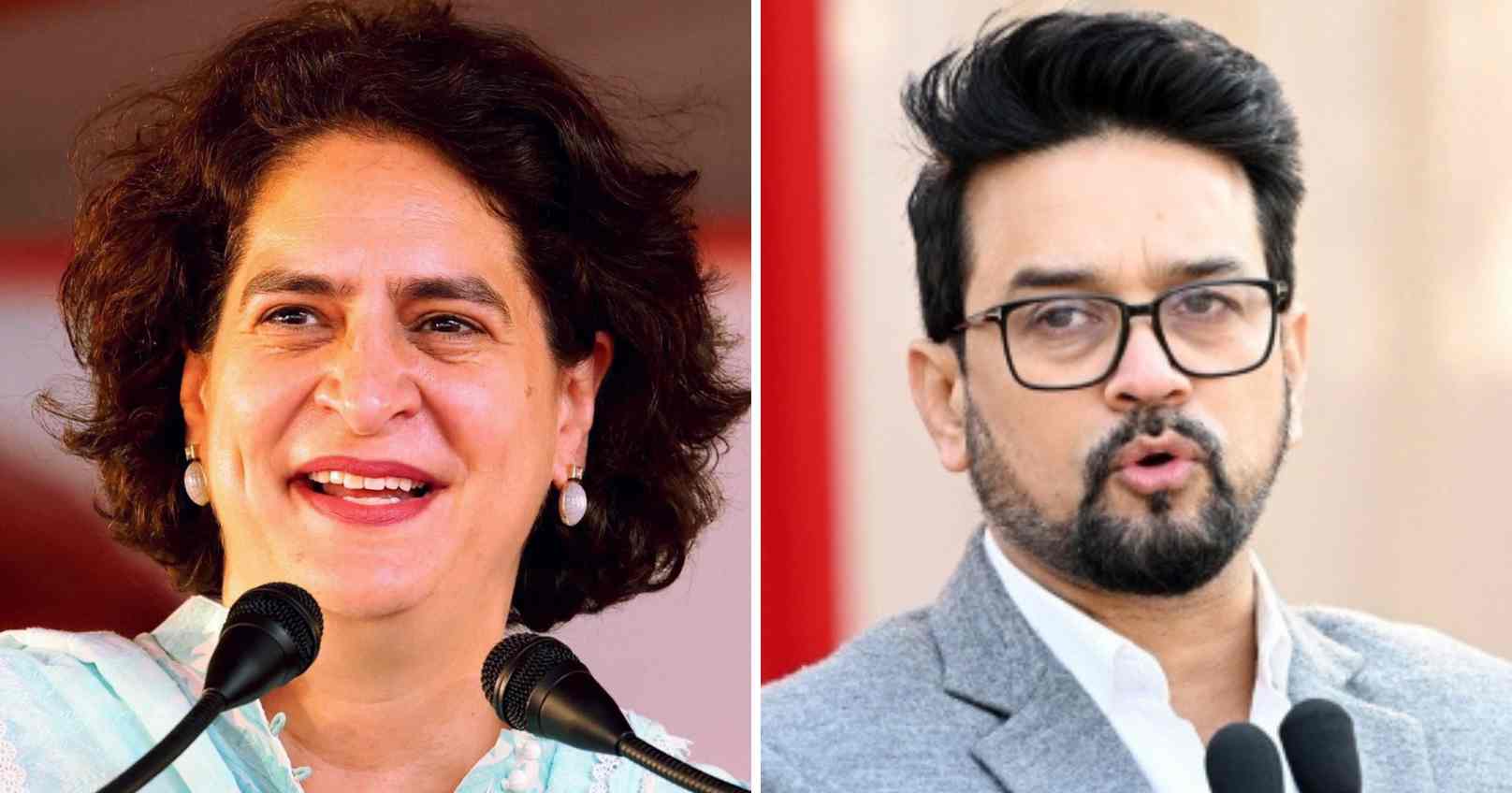A joint parliamentary committee (JPC) has been formed to examine the One Nation One Election bill, which was introduced in Parliament on Tuesday. The committee will be composed of 21 Lok Sabha MPs, including Congress's Priyanka Gandhi Vadra, NCP (SP) leader Supriya Sule, and BJP leader and Union Minister Anurag Thakur, along with 10 members from the Rajya Sabha.
This development follows the introduction of constitutional amendment bills by Union Law Minister Arjun Ram Meghwal, which propose the simultaneous holding of Lok Sabha and state Assembly elections. The JPC, headed by BJP's PP Chaudhary, will study the bill, consult stakeholders, and have 90 days to review the amendments, with an option to request an extension.
The members of the JPC include:
- PP Chaudhary
- CM Ramesh
- Bansuri Swaraj
- Parshottambhai Rupala
- Anurag Thakur
- Vishnu Dayal Ram
- Brartruhari Mahtab
- Sambit Patra
- Anil Baluni
- Vishnu Datt Sharma
- Priyanka Gandhi Vadra
- Manish Tewari
- Sukhdeo Bhagat
- Dharmendra Yadav
- Kalyan Banerjee
- TM Selvaganapathi
- GM Harish Balayogi
- Supriya Sule
- Shrikant Shinde
- Chandan Chauhan
- Balashowry Vallabhaneni Along with 10 members from the Rajya Sabha.
The Opposition has criticized the bill, claiming that it will centralize power and undermine the autonomy of states. Congress has accused the BJP of using this as a strategy to introduce a presidential form of governance. In contrast, the BJP argues that simultaneous elections will reduce costs, alleviate voter fatigue, and ensure a stable governance model.
The concept of simultaneous elections was the norm from 1951 until 1967, but due to the dissolution of some legislative Assemblies in the late 1960s and the Lok Sabha in 1970, elections have since been held separately.
While the introduction of the One Nation One Election bill requires a simple majority, its passage will demand a two-thirds majority in the House. Currently, the BJP-led NDA holds 293 seats, while the Congress-led INDIA coalition has 234. However, even with full attendance, the NDA does not have enough numbers to pass constitutional amendments, a fact highlighted by Congress leaders.
Support from neutral parties such as the YSR Congress, BJD, and AIADMK has given the BJP a boost in its push for simultaneous elections.







